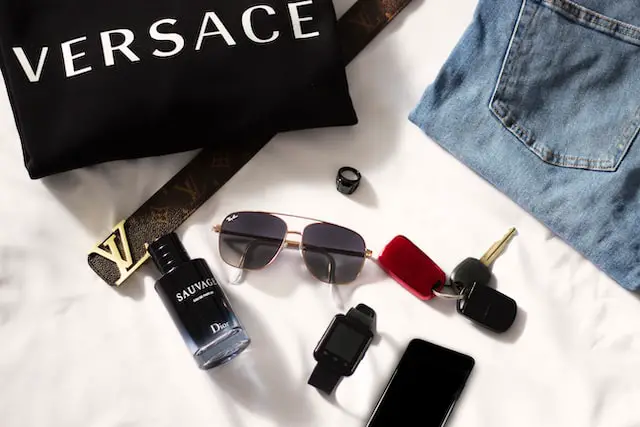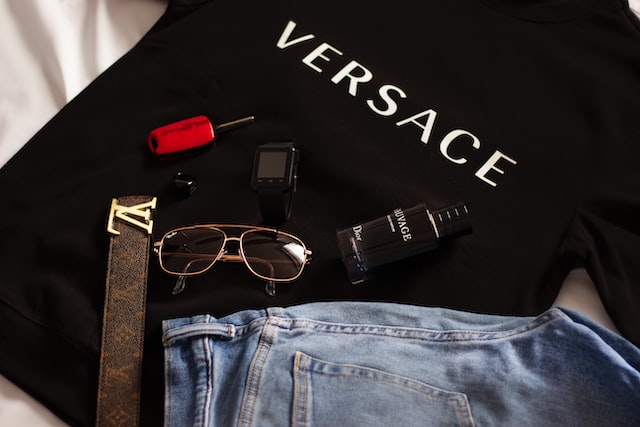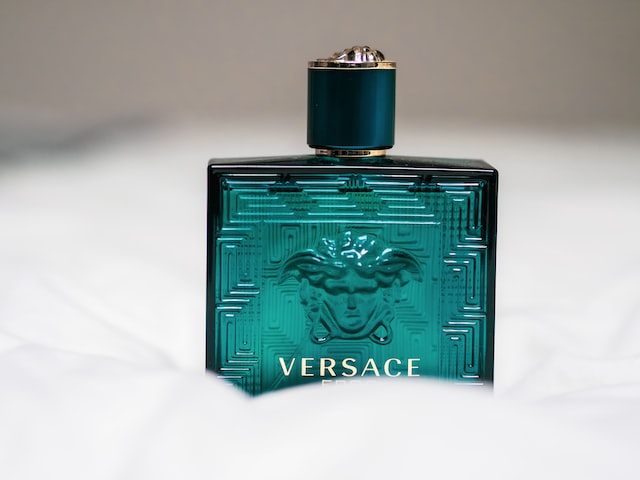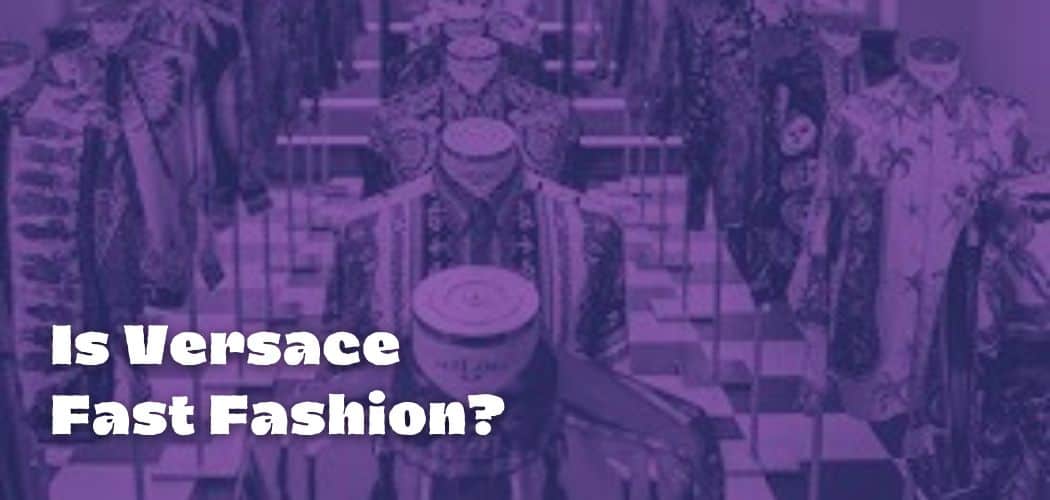Currently, this is the definition that is most widely used, by various authorities on sustainable fashion:
A carbon-neutral fashion sector based on equity, social equality, welfare of animals, and sustainability of the environment can be achieved by using goods, techniques, activities, and players (policymakers, brands, and customers) who are committed to sustainable fashion.
One dump truckload of textile waste is deposited at a landfills or burned every second on the planet.
Fast fashion firms, who release regular fashion trends and follow them with low-quality, low-priced products, are responsible for this large amount of garbage.
Sustainable brands, in contrast, emphasise using durable materials to make high-quality clothes.
Furthermore, sustainable clothing companies don’t often copy quick fashion trends.

Unfavorable labour environment for garment factory employees enable the synthesis of inexpensive fast fashion clothing.
The larger number of fast fashion companies source their clothing from underpaid workers in poor nations.
Long hours, poor health and safety conditions, and immense pressure to perform all contribute to a climate that is exploitative of workers.
Fast fashion companies have also been charged with using underage labor frequently.
Sustainable textile companies, in contrast, place a premium on providing all workers with a safe workplace and fair remuneration.
Fast fashion has a consequential carbon footprint due to the production of materials, transportation, and even the decomposition of textile waste in landfills.
For instance, the majority of fast fashion clothing is created with materials derived from petroleum.
Consider the materials acrylic, nylon, and polyester; as a result, their manufacturing and disposal demand a sizable quantity of energy.
Sustainable clothing, contrastingly, uses compostible components made of natural or recycled fibres.
These materials grow with little to no pesticide or fertiliser use, lower fuel, less water, and next to no chemical processing.
Many luxury brands such as Versace and Gucci have also adopted a fast fashion model for some of their collections.
Where are Versace clothes made?
Versace has 82% of its factoried in Italy, 7% in multiple European countries, 2% in China and 1% in India. Versace however does not list all the names and addresses of their supplier factories.
Is Versace a ethical brand?
Versace, Jimmy Choo, and Michael Kors are all managed by Capri Holdings, a global luxury fashion conglomerate. Capri Holdings submits a single sustainability report on behalf of all of its brands.
The supplier’s emissions and the region of origin of its components are not disclosed in business reports.
Because they frequently employ more expensive, rare materials that come from animals, premium fashion manufacturers should pay special attention to this.

There is a possibility that animals are already being injured to make the company’s products because it doesn’t disclose information on material supply and sources.
By 2030, the corporation claims, it hopes to have a 95% traceability rate.
The corporation has begun to reduce its carbon pollution, but much of what it is doing at the moment is just setting targets.
By 2025, it hopes to accomplish carbon neutrality in all of its internal operations.
In addition, Capri Holdings has adopted a target of 10% water savings by 2025 and signed the Zero Discharge of Harmful Chemicals Programme.
This movement works to eliminate hazardous chemicals from manufacturing. Additionally, by 2025, waste must be cut by 25%.
The corporation states that it plans to develop Science Based Targets by 2021 but does not currently have a concrete carbon reduction goal.
There are no rigid labour laws in the company’s code of conduct.
Even though it claims to work with outside auditors to enhance labour rights throughout its supply chain, just 26.7% of its plants have undergone external audits.
Capri Holdings neither discloses the names of the firms that carried out these audits nor the findings of such audits.
Versace has a two out of five environmental grade.
Few eco-friendly materials are used in it. There is no proof that it lowers the emissions of carbon as well as other greenhouse gases throughout its supply chain.
No proof exists that it has a policy in place to stop deforestation in the production process.
There is no sign that it is on track to accomplish its goal of getting rid of dangerous chemicals by 2025, despite the fact that it has set that deadline.
It also has a labour rating of 2 out of 5. The bulk of its last production level is made out in Italy, a nation with a level of mediocre risk of workplace abuse.
The 2021 Fashion Transparency Index gave it a score between 11% and 20%. There is no proof that it uses strategies to support inclusion and diversity in its production process.
There is no proof that it guarantees that everyone in its production chain is paid a decent wage. It reveals that its supply chain’s suppliers and employees are not adequately protected by its policies and procedures.
Versace receives a 2 out of 5 animal rating as well. There is no proof that it has a strategy to lessen animal suffering. It makes use of exotic animal fur, leather, wool, and down.
It doesn’t employ angora, skin from exotic animals, or fur. There is no evidence that animal products originate from the very beginning of manufacture cycle.
Despite the fact that the majority of Versace’s production is done in Italy, Versace shows an astonishing lack of interest in the need to protect the rights of the people who make its products.

Versace’s manufacturing needs to be closely watched if it is to ensure that pay are sufficient to meet workers’ basic needs and protect their rights due to the considerable use of the informal employment and migrant labor in Italy.
There wasn’t much proof provided for this. The subject of health & welfare in Italian factories has constantly come up.
Having an ethical code and assuming factories follow the law is not enough to protect rights; more action is required.
Versace may not be fast fashion, but it is an unethical brand.

